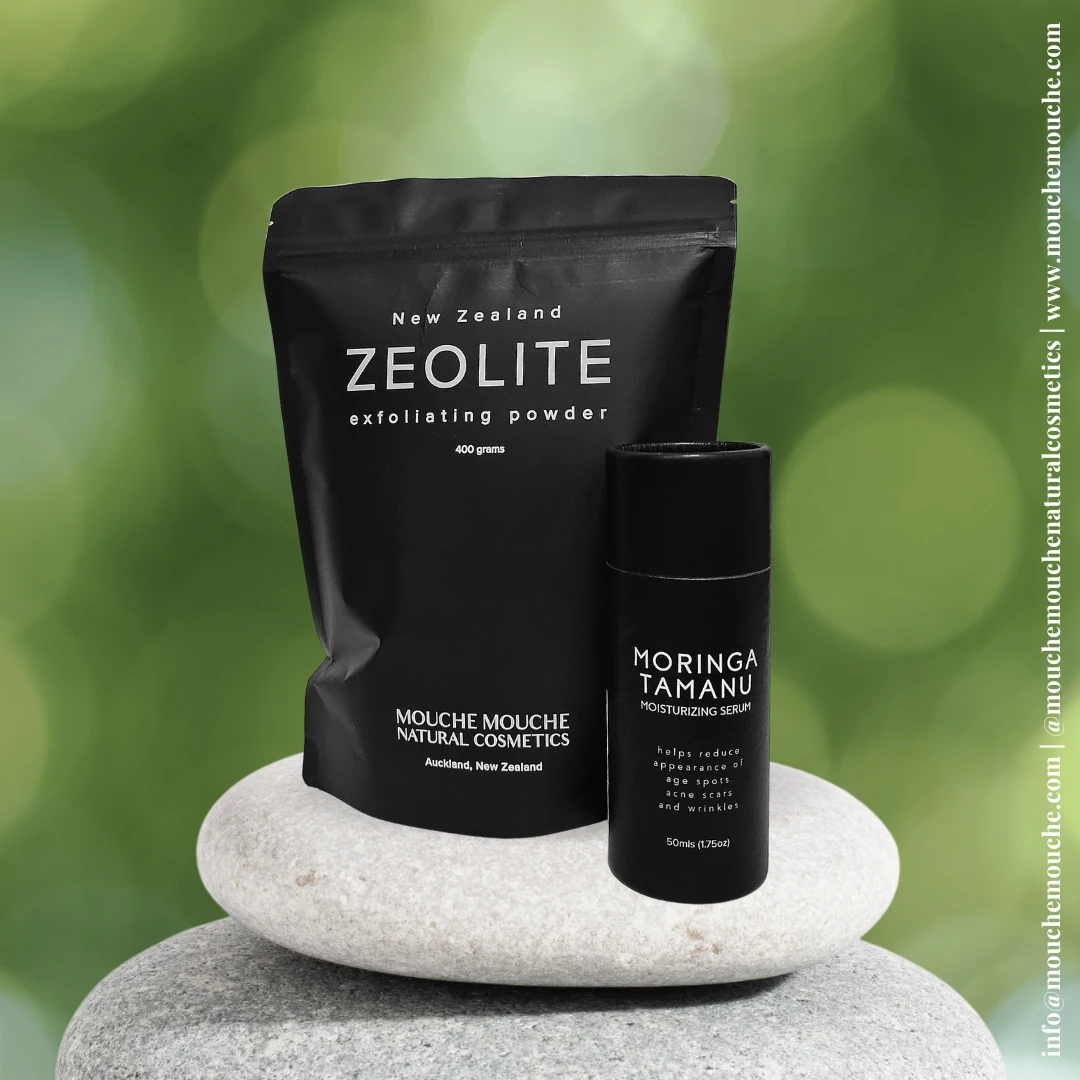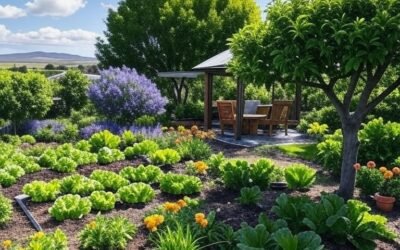So, you’re thinking about building a home in North Canterbury? First off, let me just say – great choice. There’s something about this place that grabs you – the wide-open spaces, the crisp air, that mix of small-town charm and rugged beauty.
Whether you’re eyeing a spot near Rangiora’s buzzing cafes or dreaming of a quiet retreat in the Hurunui hills, you’re in for a ride that’s equal parts exciting and, yeah, a little daunting. I’ve been there, scribbling ideas on napkins and wondering where to even start. That’s why I’ve put together this guide – it’s everything I wish I’d known when I started dreaming up my own North Canterbury pad. From picking the perfect patch of land to nailing those final touches, this is your step-by-step companion to making it happen. Grab a coffee, settle in, and let’s get building!
Step 1: Preliminary Research and Planning
Understand North Canterbury’s Context
- Geography: North Canterbury spans from the Waimakariri River in the south to the Hurunui District in the north, encompassing flat plains (e.g., Rangiora, Kaiapoi), rolling hills (e.g., Oxford), and coastal zones (e.g., Amberley). Elevation and proximity to rivers or the coast will influence your build.
- Climate: Expect hot, dry summers (up to 30°C) and cold, frosty winters (down to -5°C). The nor’wester wind can gust over 100 km/h, and rainfall averages 600–800 mm annually, heavier in hill areas.
- Seismic Risk: The region sits near fault lines (e.g., the Alpine Fault), with a history of earthquakes (notably the 2010–2011 Canterbury sequence). Building codes reflect this reality.
Define Your Goals and Budget
- Purpose: Is this a family home, holiday retreat, or investment? This shapes size, location, and features.
- Budget: Building costs in 2025 range from $2,500–$3,500 per sqm for a standard home, $4,000+ for high-end. A 180 sqm home might cost $450,000–$630,000 (build only). Add land ($150,000–$400,000), consents ($10,000–$20,000), and site works ($20,000–$50,000).
- Financing: Consult banks (e.g., ANZ, Kiwibank) for construction loans, typically covering 80–90% of costs with staged drawdowns.
Choose a Location
- Key Areas:
- Rangiora: Growing town, flat land, 30 mins from Christchurch. Sections from $200,000.
- Kaiapoi: Affordable, but check flood/liquefaction zones post-earthquakes.
- Amberley: Rural feel, coastal proximity, slightly cheaper land.
- Hurunui Hills: Scenic, remote, ideal for off-grid builds.
- Zoning: Verify with Waimakariri District Council (WDC) or Hurunui District Council (HDC) for residential zoning and restrictions (e.g., minimum lot sizes, height limits).
- Access: Ensure road access and proximity to schools, shops, and healthcare (e.g., Rangiora Health Hub).
Step 2: Land Acquisition and Preparation
Purchasing Land
- Find a Property: Use real estate platforms (e.g., Trade Me Property) or local agents like Harcourts or Ray White.
- Due Diligence:
- Check the title for covenants or easements.
- Review Land Information Memorandum (LIM) from the council for hazards or past consents.
- Assess flood risk (e.g., Waimakariri River floodplain) and liquefaction potential via EQC data.
- Negotiation: Secure a sale and purchase agreement with a lawyer’s help.
Site Assessment
- Geotechnical Report: Hire an engineer (e.g., Tonkin + Taylor) to test soil stability ($2,000–$5,000). Sandy or silty soils may need deeper foundations; clay soils expand/contract with moisture.
- Topography Survey: A surveyor maps elevation and boundaries ($1,500–$3,000), critical for sloped sites.
- Utilities: Confirm connections:
- Power: MainPower services the region.
- Water: Town supply or bore/tank for rural sites.
- Sewage: Council sewer or septic system.
- Internet: Fibre via Chorus or rural broadband options.
Environmental Considerations
- Native Flora/Fauna: Protected species (e.g., Canterbury mudfish) may restrict clearing. Consult the Department of Conservation (DOC).
- Windbreaks: Plan shelterbelts (e.g., poplars) to mitigate nor’westers.
Step 3: Design and Documentation
Hire Your Design Team
- Architect/Draftsman: Choose someone with North Canterbury experience. Fees: 5–15% of build cost.
- Engineer: Structural input for seismic and wind loads (required for consents).
- Collaboration: Align your vision (size, style, sustainability) with practicalities.
Design Considerations
- Size: 150–250 sqm suits most families (3–4 bedrooms).
- Style: Modern minimalist, Kiwi farmhouse, or eco-friendly designs blend with the landscape.
- Features:
- Seismic Resilience: Reinforced concrete slabs, lightweight timber framing, or steel bracing.
- Thermal Efficiency: R-value insulation (walls R2.6+, roof R3.6+), double-glazing, solar orientation.
- Weatherproofing: Pitched roofs (25–35°) with Colorsteel or tiles; durable cladding (brick, Linea weatherboard).
- Outdoor Living: Decks or verandas for summer; wood burners for winter.
Draft Plans
- Concept Plans: Initial sketches showing layout and elevations.
- Detailed Plans: Include engineering specs, plumbing/electrical layouts, and material schedules.
- Sustainability: Optional extras like solar panels ($10,000–$20,000) or rainwater harvesting ($5,000–$10,000).
Step 4: Consents and Approvals
Resource Consent
- When Needed: For subdivisions, non-compliant builds (e.g., too close to boundaries), or environmental impacts.
- Process: Submit to WDC or HDC with plans and assessments (e.g., ecological report). Takes 20–60 working days; costs $2,000–$10,000.
Building Consent
- Submission: Provide detailed plans, geotech report, and proof of compliance with the NZ Building Code (NZBC).
- Processing: 20–40 working days ($3,000–$8,000 in fees).
- Conditions: May require additional engineering or mitigation (e.g., flood-proofing).
Other Approvals
- Heritage Sites: Check with Heritage NZ if near historic areas (e.g., Amberley’s old township).
- Driveway Access: Regional council (Environment Canterbury) approval for rural crossings.
Step 5: Construction Preparation
Select a Builder
- Options: Registered Master Builders, Certified Builders, or group home companies.
- Vetting: Check references, past projects, and insurance (builders’ risk, public liability).
- Quotes: Compare 3–5 builders; expect $450,000–$700,000 for a 180 sqm home.
Sign a Contract
- Type: NZS 3902 or Master Builders contract.
- Clauses: Specify timeline (6–12 months), payment stages (e.g., 10% deposit, 30% framing), and warranties (10-year structural).
- Contingency: Add a 10–15% buffer for delays or cost overruns.
Pre-Construction
- Site Prep: Clear vegetation, level ground, install temporary fencing/power/water ($10,000–$20,000).
- Permits: Display building consent on-site.
Step 6: Construction Process
Foundation
- Type: Concrete slab (most common), piles (for unstable soil), or basement (hilly sites).
- Cost: $30,000–$60,000. Allow 28 days curing.
- Inspection: Council checks reinforcing steel and compaction.
Framing and Roofing
- Framing: Timber (treated H3.2) or steel; 2–4 weeks.
- Roofing: Install within 4–6 weeks to weatherproof. Colorsteel is popular ($15,000–$25,000).
- Inspection: Framing and bracing checked.
Exterior and Interior Fit-Out
- Cladding: Brick ($50–$80/sqm), weatherboard ($40–$60/sqm).
- Windows: Double-glazed aluminium ($20,000–$30,000).
- Plumbing/Electrical: Rough-in pipes and wiring ($30,000–$50,000).
- Insulation/Drywall: Install and plaster ($20,000–$30,000).
Finishing
- Kitchen/Bathrooms: $20,000–$50,000 depending on fixtures.
- Flooring: Carpet, tiles, or timber ($10,000–$20,000).
- Painting: $10,000–$15,000.
- Final Inspection: Council verifies compliance.
Step 7: Completion and Move-In
Code Compliance Certificate (CCC)
- Application: Submit post-construction docs to council ($500–$1,000).
- Issuance: 10–20 working days if all inspections passed.
Utilities and Services
- Power: Connect via MainPower ($1,000–$3,000).
- Water: Town supply or tank hookup ($2,000–$10,000).
- Internet: Fibre or Starlink for rural ($500–$1,500 setup).
Landscaping
- Driveway: Gravel ($5,000) or concrete ($15,000).
- Gardens: Native plants (e.g., tussock, hebe) suit the climate ($5,000–$20,000).
- Fencing: Post-and-wire or timber ($5,000–$15,000).
Additional Tips for North Canterbury
- Earthquake Readiness: Exceed NZBC minimums with extra bracing or foundation depth.
- Water Security: Rural homes benefit from 20,000L tanks and UV filtration.
- Community: Join local Facebook groups (e.g., “North Canterbury Residents”) for advice and trades recommendations.
- Insurance: Secure comprehensive cover (e.g., AA Insurance) for natural hazards.
Timeline and Total Cost
- Timeline: 9–18 months (3–6 months planning, 6–12 months building).
- Cost Estimate: $600,000–$1,000,000 (land + build + extras) for a 180 sqm home.
And there you have it – your roadmap to building a home in North Canterbury, from that first spark of an idea to the moment you turn the key in your very own front door. It’s a big project, no doubt about it, with its fair share of paperwork, decisions, and maybe a few late-night debates over flooring options. But when you’re standing on your deck, looking out at those plains or hills, with the nor’wester tugging at your hair and the quiet hum of your new life settling in, it’ll all feel worth it. You’re not just building a house here—you’re crafting a piece of your story in a place that’s as tough and beautiful as they come. So, take it one step at a time, lean on the locals when you need a hand, and enjoy the ride.
A Quick Note on Costs: Just a heads-up—the prices mentioned here are rough estimates based on what’s typical in North Canterbury as of 2025. Every project’s a bit different, though – your land, design choices, and even the weather can shift the numbers. Think of these as a starting point, and chat with local builders or suppliers for a quote that fits your specific plans. Happy building!







